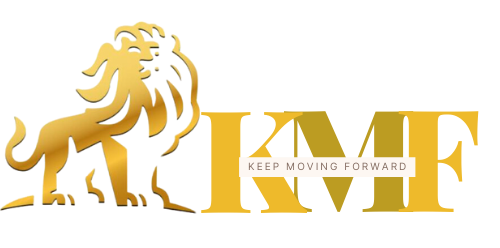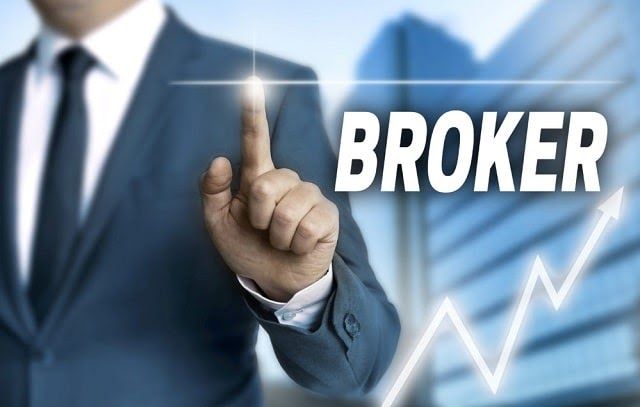Purchasing and Selling Businesses: A Complex Process
Purchasing and selling businesses may be an intricate process. Since they are frequently deeply invested in their companies, sellers must select a buyer who will appreciate their work and see to it that it continues to succeed. On the other hand, buyers need professional assistance to negotiate the complexities of purchase and make sure they locate the ideal business match. The business broker is a proficient middleman who serves as a link between the two parties, enabling a seamless and prosperous transaction.
Understanding the Secrets of the Business Broker
So how precisely do buyers and sellers become connected through business brokers? They do much more than only connect interested parties. This is an outline of their multifaceted strategy:
Knowing the Seller’s Vision
An experienced business broker spends a great deal of time learning about the goals, dreams, and motivations of the seller for their company. This entails being aware of the seller’s desired outcome, the financials, and the reasons behind the sale. With a clear image in hand, the broker can find buyers that share the seller’s values and long-term strategic objectives in addition to having the necessary financial means.
Market Expertise and Valuation
Business brokers have an extensive understanding of the state of the market as well as their particular sectors. They make use of this knowledge to precisely assess the company’s worth, guaranteeing that sellers get a fair price and that purchasers are making a wise investment. To establish a reasonable asking price, this assessment procedure examines financial statements, industry trends, and similar sales data.
Targeted Buyer Matching
The broker carefully looks for qualified purchasers after having a firm grasp of the seller’s requirements and the business’s distinct value proposition. This frequently entails making use of Internet resources, contacts in the business world, and a network of possible investors. Business brokers also use smart marketing techniques to subtly advertise the business offer to qualified purchasers.
Deal Structuring and Negotiation
A business broker’s abilities come to the fore during this stage. They negotiate the conditions of the transaction expertly to guarantee a win-win solution, serving as a trusted counsel to the seller. Business brokers ensure a seamless handover and safeguard the interests of both parties by navigating delicate subjects including price, finance, and post-sale transition plans.
The broker’s responsibilities extend beyond the initial handshake, including transaction management. They help with the due diligence process, which involves prospective purchasers carefully reviewing the operations and financials of the company. They also oversee the intricate documentation needed to complete the transaction, making sure all legal and regulatory obligations are satisfied. To facilitate the transfer of ownership and aid in the transition process, some brokers even provide post-sale support.
Advantages of Working with a Business Broker
Working with an experienced business broker provides both sellers and buyers with several benefits in the current dynamic business environment:
- Sellers: Seek to locate a buyer who shares their vision for the future of the company, maximize the sale price, maintain confidentiality, and minimize stress.
- Buyers: Gain access to a larger pool of eligible companies, professional assistance during the purchase process, and use the broker’s negotiating abilities to get a good deal.
Finding the Right Business Broker
Choosing the right business broker (KMF Business Advisors) is crucial for a successful transaction. Look for brokers with experience in your specific industry, a proven track record of successful deals, and strong references. Furthermore, ensure the broker offers a transparent fee structure and a clear understanding of their services.

